I read a review of a 2021 fiction book called The Island of Missing Trees, by Elif Shafak. And because the book was set in Cyprus in 1974 during a time of great unrest on the island, I was immediately intrigued.
Book Talk and Memories
You see, in 1973 on my twentieth birthday, I left for a three month stay in Cyprus. I lived with a Greek family in the city of Limassol on the southern edge of Cyprus. During my stay in Cyprus I also visited other parts of the island (Paphos, Famagusta, Nicosia, Kyrenia, and some villages in the mountains) with the family I lived with and with a Cypriot friend I met in college.
The past lives within the present, and our ancestors breathe through our children.
The island of Cyprus has a deep history of conquest and division. In current times the island is divided with Turkish Cypriots living in the northern half of the island and Greek Cypriots living in the southern half. The total separation of Greeks and Turks into separate territories occurred in 1974 after a far-right Greek coup prompted the Turkish government to invade the island.
When I visited Cyprus, though there were divisions between Turkish Cypriots and Greek Cypriots, there were still mixed villages and neighborhoods. In Limassol there was a Greek section and a Turkish section. There was still a little bit commerce between the two groups. I remember being shown the house of a Turkish family that lived just a few blocks from where I was living. But in Nicosia, the capitol of Cyprus, there was a fence separating the Greek part of the city from the Turkish part of the city, the British named “Green Line.”
Ignorance and Innocence
Though there was news of bombings in Nicosia and attempts on Archbishop Makarios, the leader of Cyprus at the time, I did not fully understand the depth of the troubles brewing while I was there. In fact one night when I was out at a discotheque in Nicosia with my Cypriot friend from college, we had to wait to leave because of nearby bombings.
The lovely book, The Island of the Missing Trees, gave me a context in which to place the events of the time.
I vividly remember traveling with my friend’s family from Nicosia to Kyrenia in a UN Convoy. Everyone from Greek areas who wanted to travel through the Turkish area to the north gathered at a specified time. UN jeeps with armed soldiers were interspersed in the convoy and led us through Turkish villages to Kyrenia.
As we drove through the villages, armed soldiers held their rifles at the ready. It was sobering and frightening.
The beach house that my friend’s family owned in Kyrenia was probably on the beach where the Turkish army landed in 1974. It’s sobering to me imagining what might have happened to it. What a magical day I spent on that beach snorkling and swimming in the clear Mediterranean sea.
I am very glad that my parents did not know the political situation on the island at the time I was there. They would have worried and insisted that I return home had they known. In my innocence at the time I just thought that it was all very exciting, but I never feared that I would be hurt.
Ah, the innocence of youth.
I can feel the harsh winter beginning to relax its grip, the wheel of seasons revolve once again. Persephone, the goddess of spring, returns to earth, a wreath of silver blossoms about her golden hair.
And I have to admit that I did not fully understand what was going on politically in Cyprus while I was there. Reading the book gave me much more insight into what was actually happening politically at the time.
A Lyrical Read
Although there is a lot of history packed into Elif Shafak’s book, she also writes lyrically about nature and trees. In fact, one of the main voices in the book is a fig tree. I found it a beautiful and touching book. If you’re looking for an interesting read, try this book. Many of the historical stories recounted in the book are based on actual events.
One last memory that made me smile — imagine me, a family of 2 adults and 4 children, and a family aunt in an early 1960’s Peugeot going up a mountain on narrow curvy roads while a rally road race is coming down the mountain on the same narrow curvy roads. I can still hear the aunt crying out, “Panagia mou,” Antonis honking the horn madly as we approached each curve, and 12 year old Thyrses yelling enthusiastically, “Rally! Rally!” as each race car passed us. Thyrses grew up to become an airplane pilot.
May you walk in beauty.
I made all of the photos in this post with an Instamatic film camera in 1973.
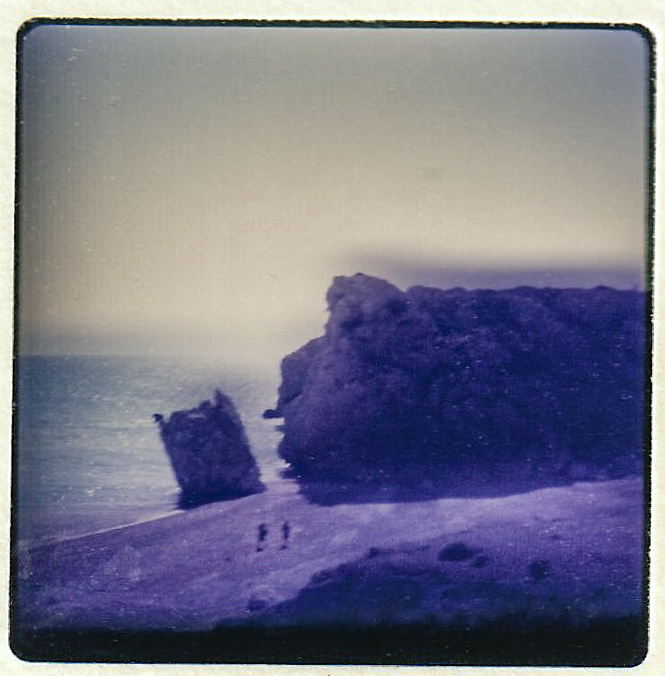
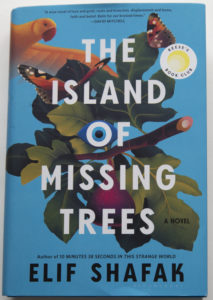
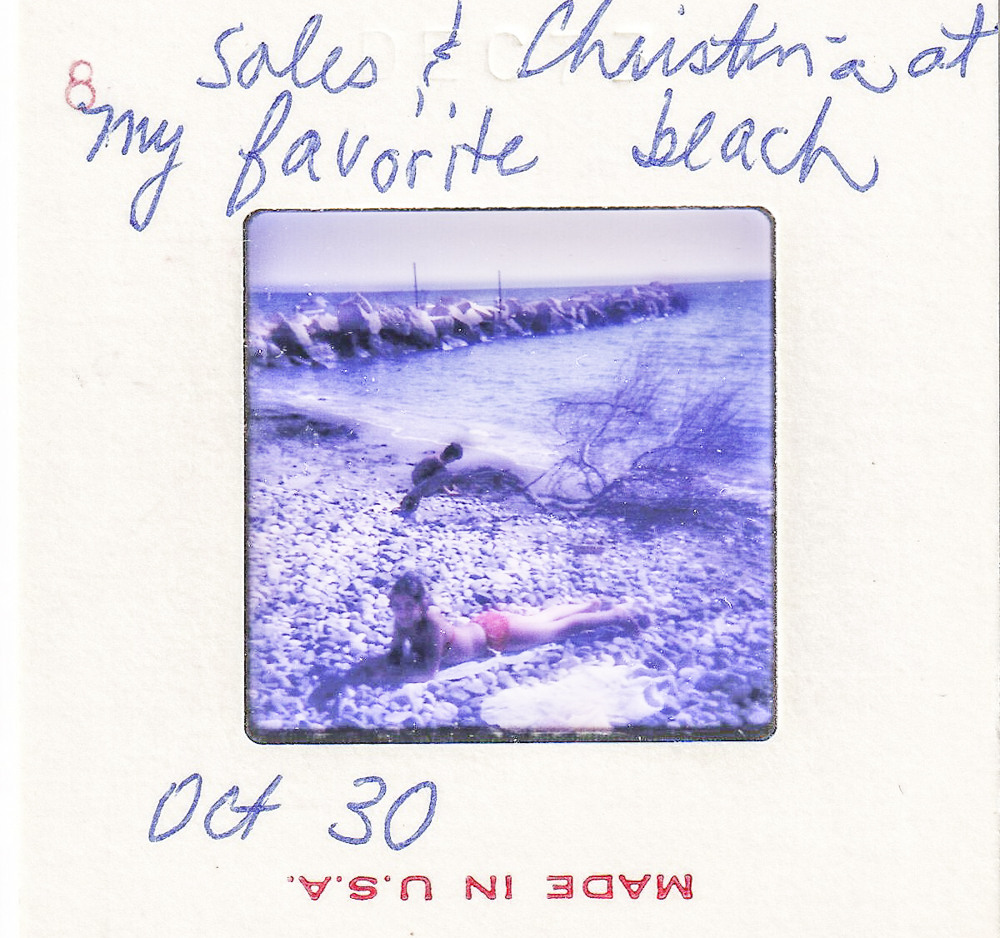
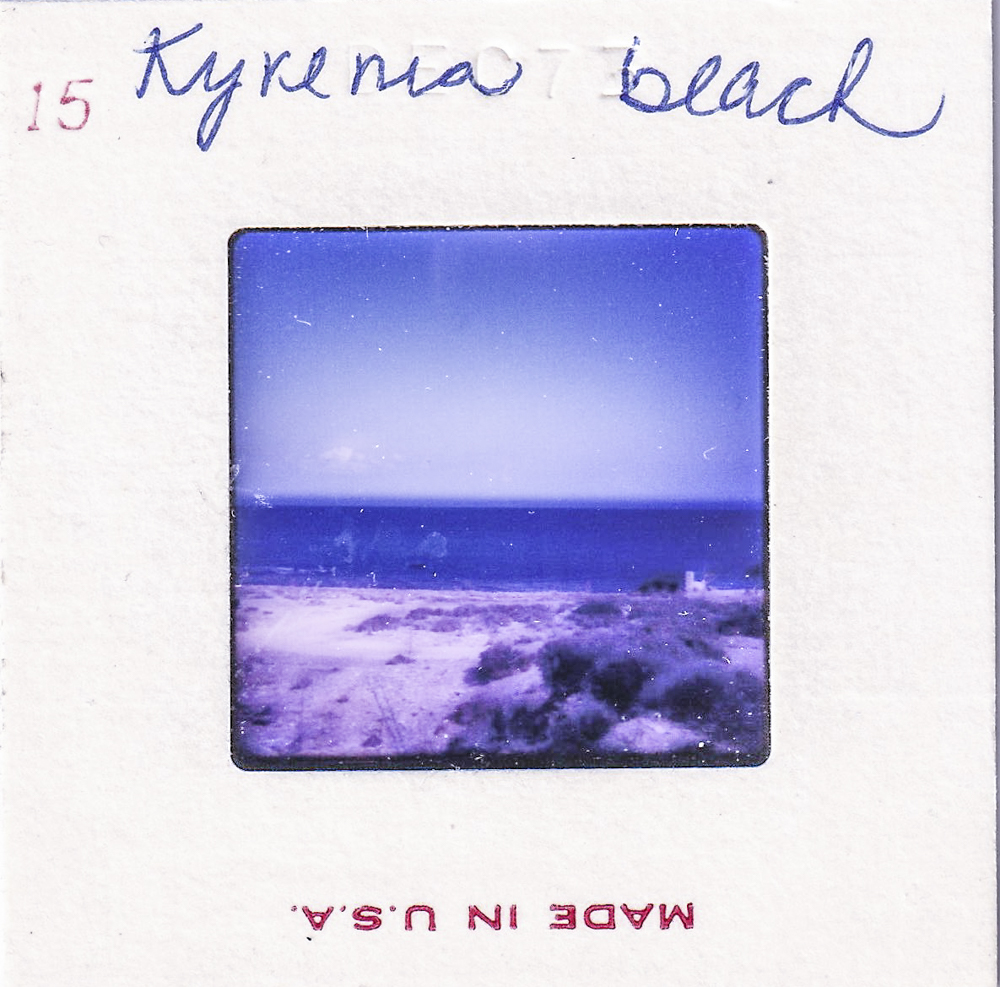
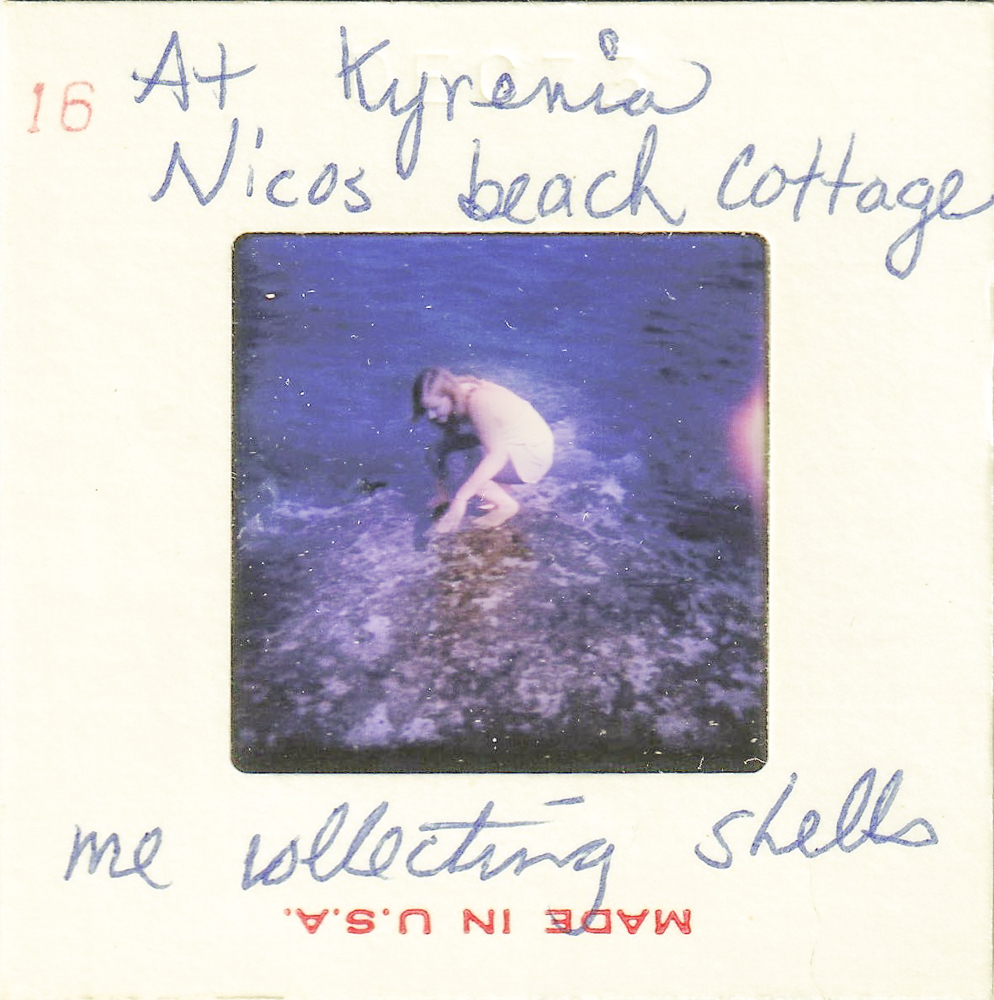
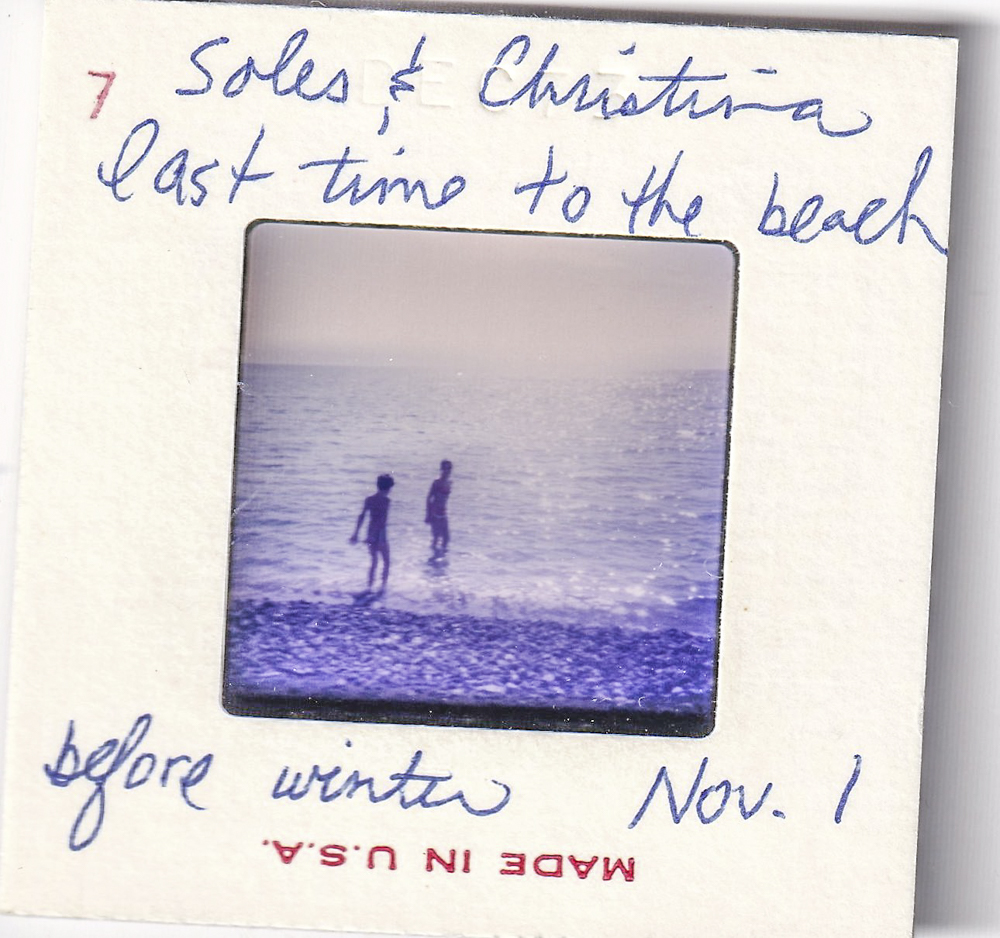
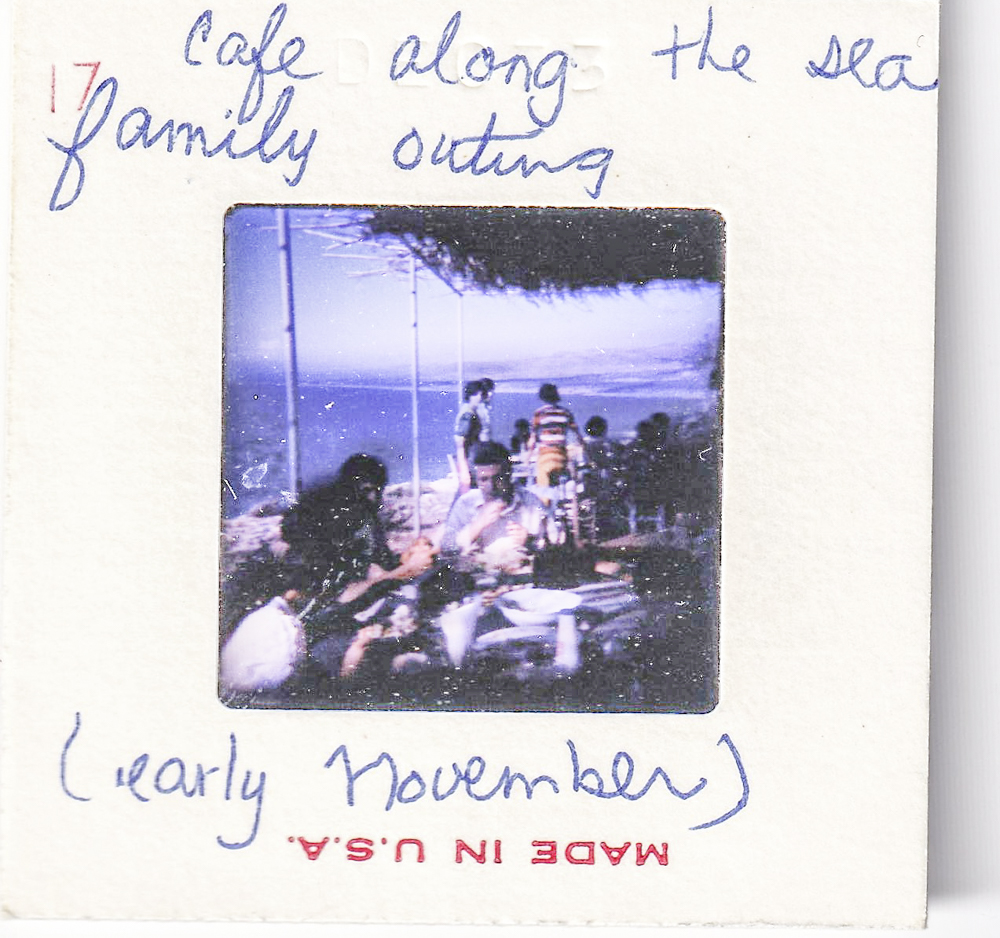
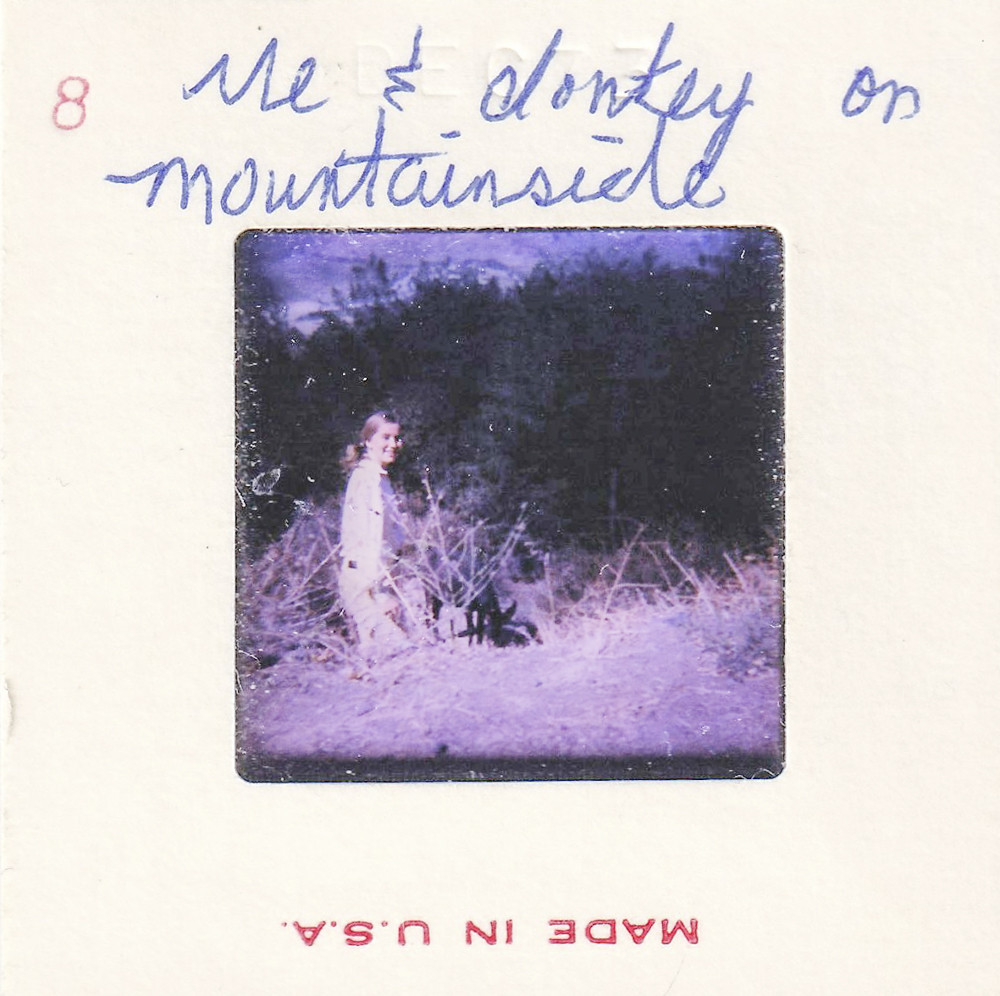
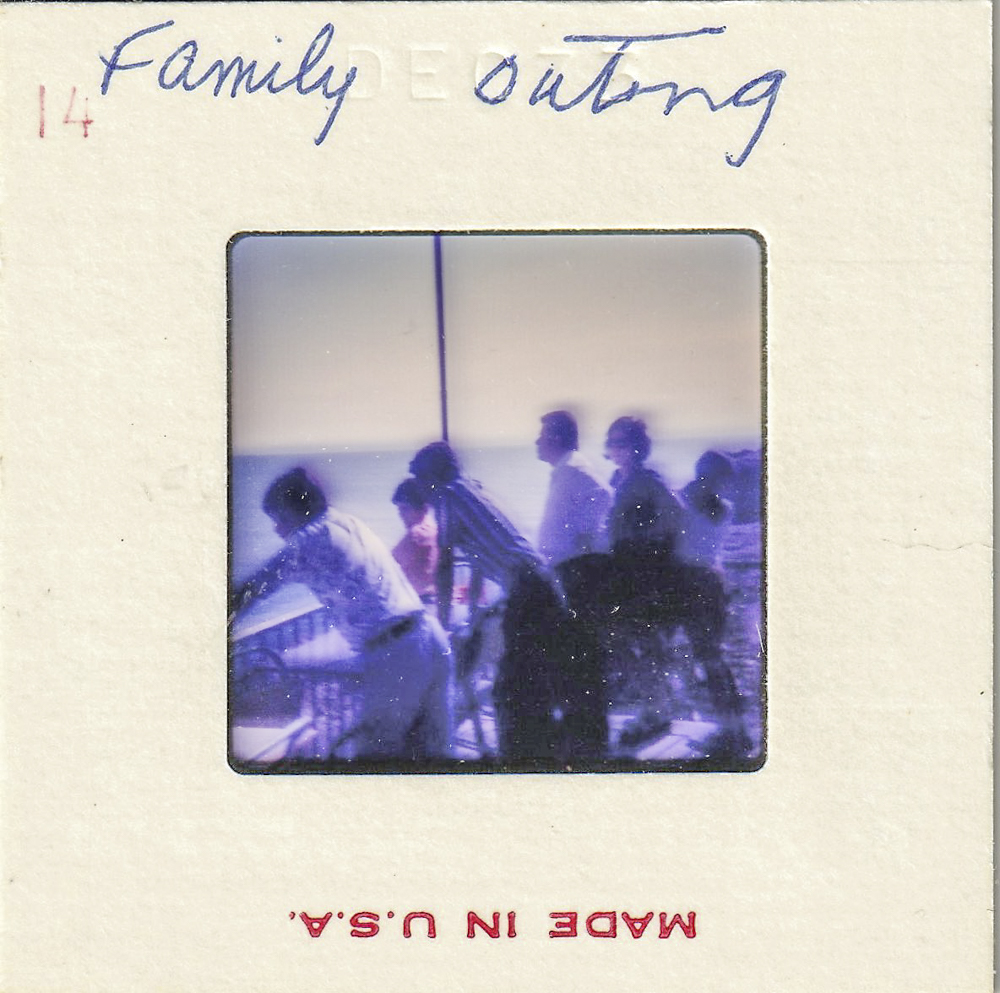



0 Comments